Mythology
-

Sun Wukong, known as The Monkey King, stands out as a cherished character in Chinese literature, endowed with human-like traits and extraordinary capabilities. His origins trace back to the 16th-century classic, “Journey to the West.” Since then, Sun Wukong has captivated audiences globally through films, television, and video games—most notably with the recent release of…
-

Janus, a distinct figure in ancient Roman mythology, serves as the deity of doors and transitions. He symbolizes the pivotal moments between what was and what is yet to come, existing in the liminal space that signifies change. Ancient Romans recognized the necessity of divine beings for various aspects of life, including Poseidon overseeing the…
-
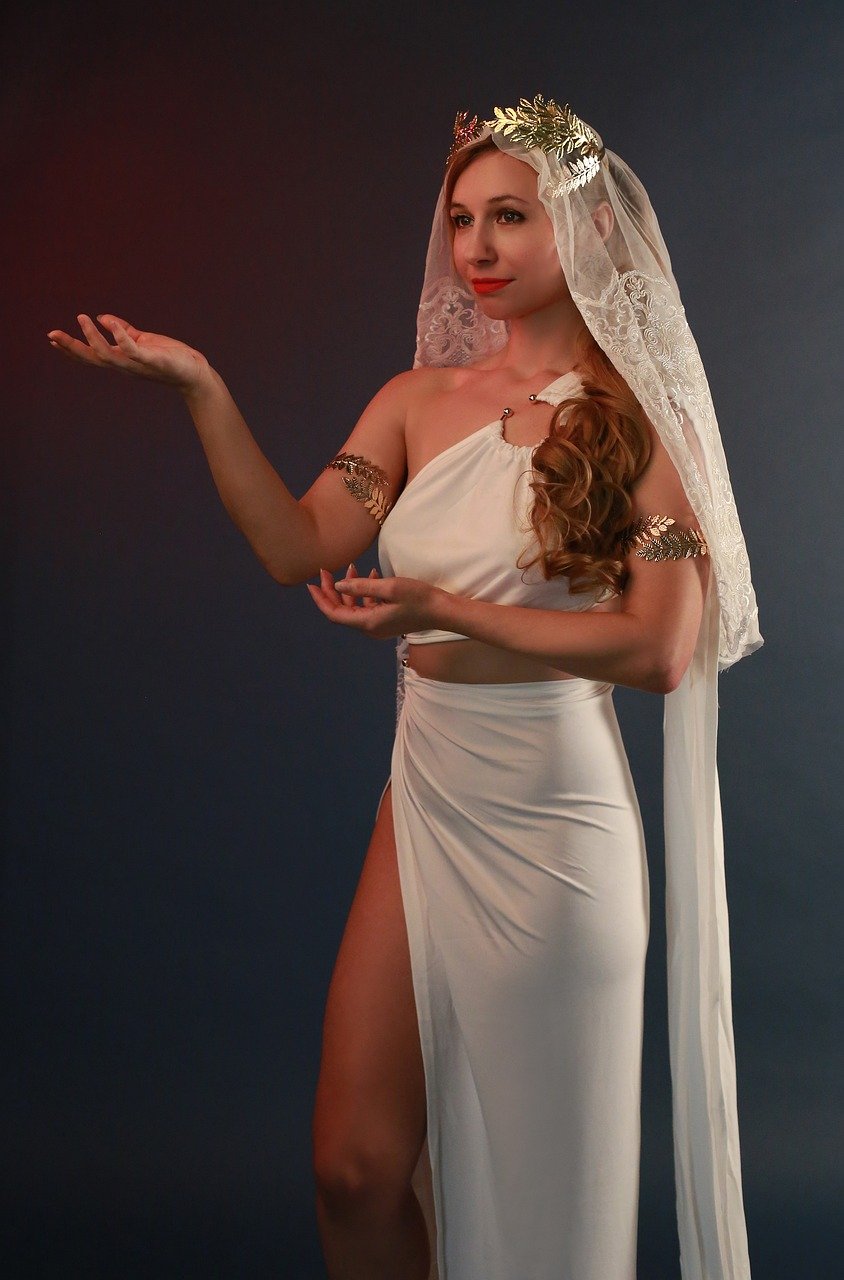
In this piece, we want to highlight one of the most significant aspects associated with Christmas: the importance of Family. Tracing back to ancient times, we encounter the Greek Goddess Hestia. The Ancient Greeks conveyed their understanding of life through myth, crafting a pantheon of deities whose humanlike traits made them believable. Similar to many…
-
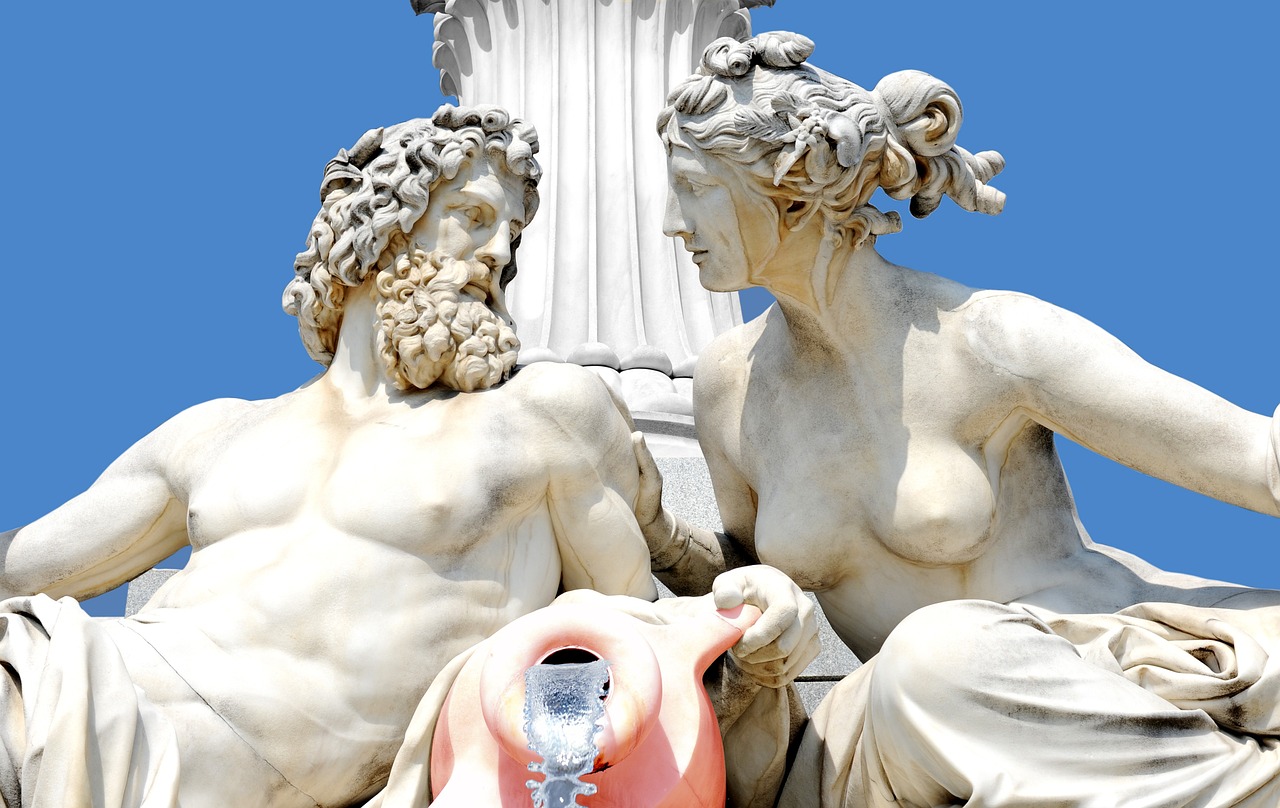
Hermes: The Messenger of the Gods Hermes, a pivotal figure in Greek mythology, embodies a wide array of symbolic roles. As the Olympian deity of herds and flocks, travelers and hospitality, trade and cunning, he is often recognized as a protector of roads and an advocate for traders. Portrayed as the herald of Zeus, the…
-
This week, my exploration centers on the goddess Neith, a fascinating figure in ancient Egyptian mythology. My initial intrigue with Neith began during my university studies, where I had the opportunity to select a theme for an assignment focused on Egyptian mythology. Throughout my education, I developed a keen interest in researching themes related to…
-
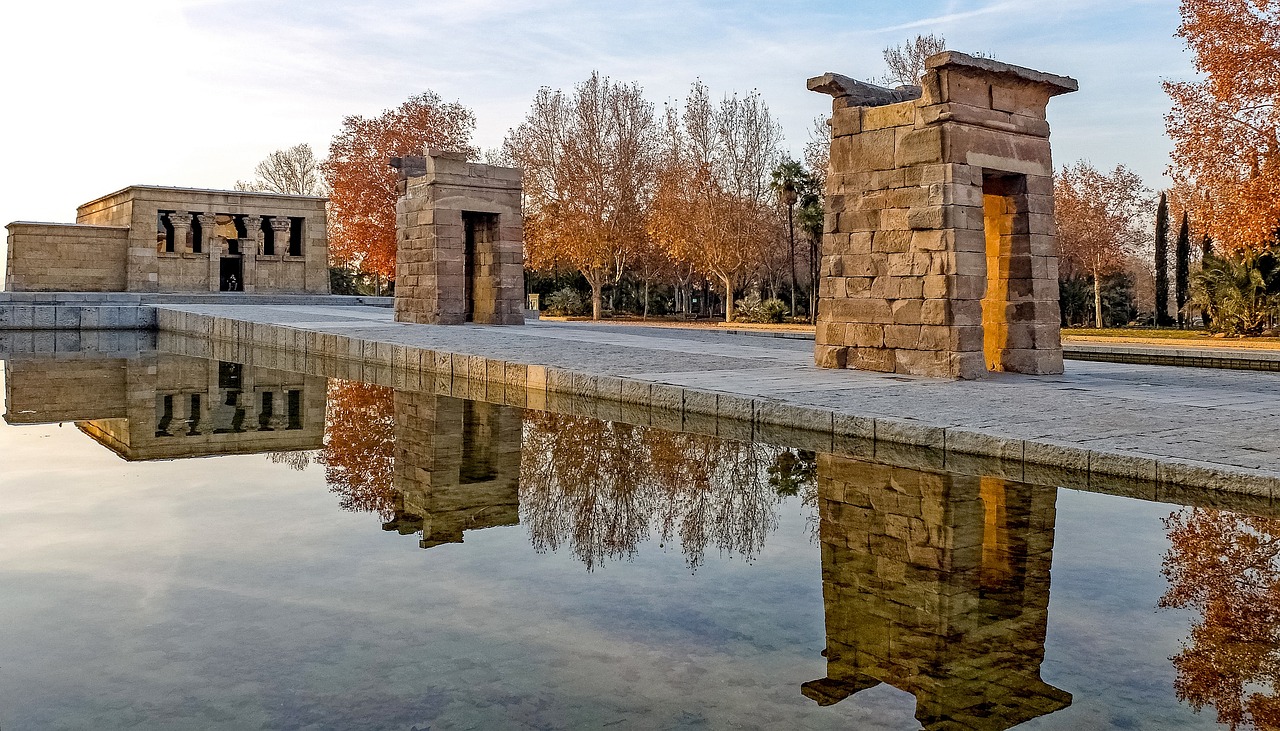
Amon, also known as Amun, Amen, or Ammon, is an ancient Egyptian deity esteemed as the sovereign of the gods. Initially recognized as one of the deities in the Hermopolite creation narrative, his following expanded in Thebes, where his influence grew significant under the reign of Mentuhotep I (2008–1957 BCE). During this time, Amon was…
-
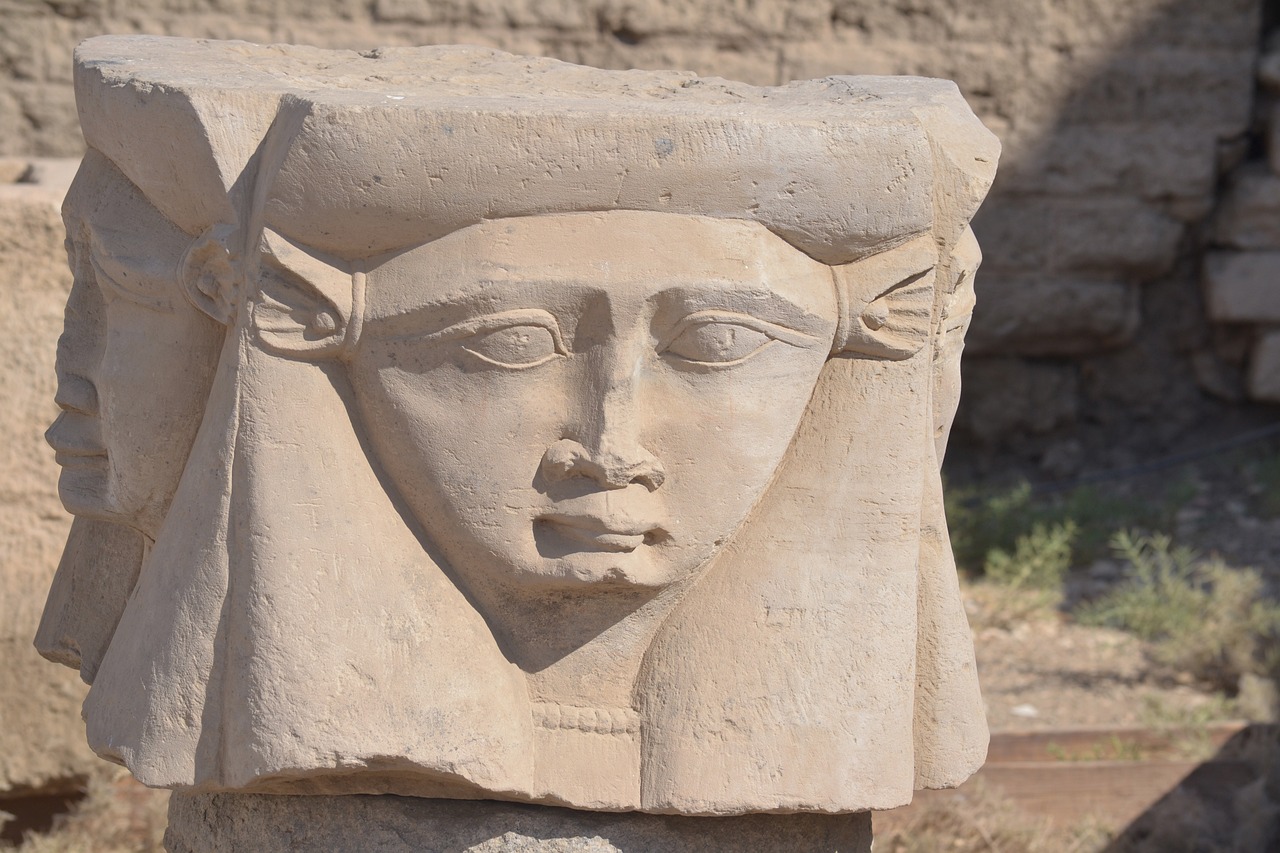
Hathor, a prominent and revered goddess within the realm of ancient Egyptian mythology, is characterized by numerous roles and attributes that unveil a fascinating aspect of her persona. This article delves into the myths, symbolism, and powers attributed to Hathor, the Egyptian goddess of love and music, among other domains. Who is Hathor? Hathor, often…
-

Celtic religion encompasses the rites and beliefs held by the ancient Celts, a group that played a significant role in early European history. This Indo-European people peaked around the 4th century B.C., when they inhabited vast territories that stretched from Britain to Asia Minor. However, their decline began around the 3rd century B.C., exacerbated by…
-

Tang Seng, known in the West as Tripitaka (唐三藏 táng sān zàng), is a pivotal figure in the classical Chinese novel “Journey to the West” (西游记 xī yóu jì). This narrative chronicles Tang Seng’s arduous expedition to India to retrieve a collection of Buddhist texts aimed at disseminating Buddhist principles throughout his homeland. Accompanying him…
-
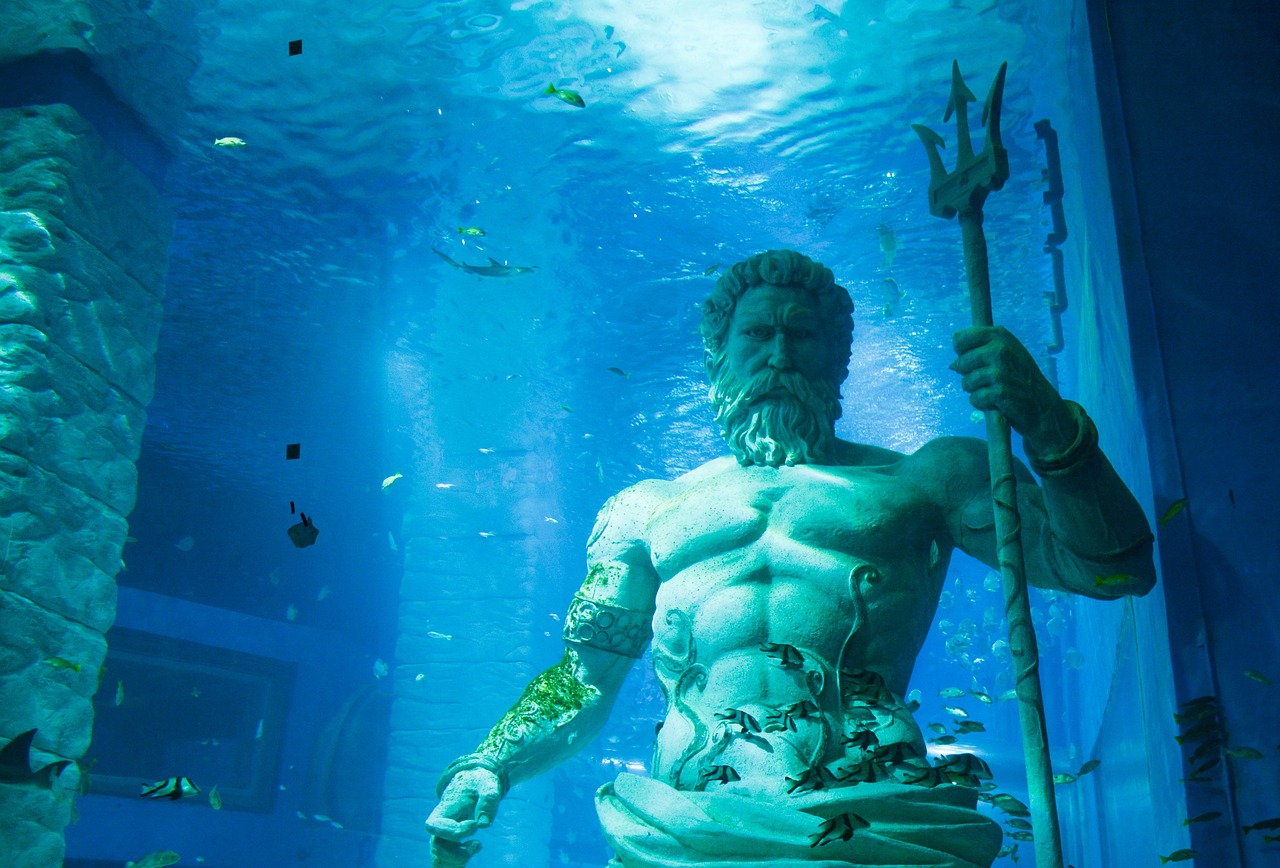
Hades, often misrepresented as malevolent, actually embodies a more neutral essence. He presides over the underworld where the souls of the departed dwell, alongside all that lies beneath the surface of the earth, including caves and precious gems. Unlike the commonly held belief, Hades only exhibits anger when death is unjustly challenged. He is not…


